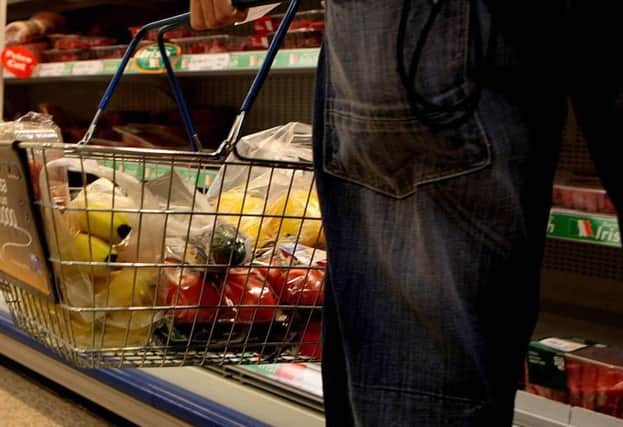A year on and we are still in the dark over Brexit


This may be about getting older, or it is perhaps because the shops ramp up the Christmas pressure even before we get to Hallowe’en. Whatever the reason for that speed, when we look back to this time last year we are no further ahead on the key Brexit issues than we were then.
We still do not know what the farm support arrangements will be, despite the government confirming that we will no longer be part of the CAP from March 2019, when the UK leaves the EU. We are equally in the dark about the market - whether we will have access to the EU-27 single market, and the terms on which suppliers there and elsewhere will be able to supply the UK market. Even the arch-Brexiteers in the Cabinet, including the DEFRA Secretary, Michael Gove, cannot be looking back on 2017 as a year of progress. They must be as concerned as the rest of us about the mountain we have to climb with Brussels to reach a Brexit deal.
Advertisement
Advertisement
There are also big administrative unknowns. These range from approvals for pesticides and veterinary drugs to how food promotion will be funded to compete with the EU-27. Somewhere in government someone must surely be thinking about what happens after Brexit. All we have is vague talk about a green Brexit. This might convince some the government has plans for a positive Brexit outcome – but farmers are too wise and cynical to fall for political spin from Westminster. In reality, after 44 years of EU membership we can never be completely free of a key trading partner and ally against terrorism.
When we leave the EU single market the EU-27 – not the United States, South America, or Australasia – will be our biggest competitor in export markets for food. It is true that we import more of everything, including food, from the EU than we export. But a number of studies suggest they can live with loss of the UK food market better than we could live with loss of access to the EU-27.
It may be tempting to think that without those EU suppliers it would be Christmas every day for UK farmers and food companies supplying the major retailers. It would be a huge boost for farmers if that led to better prices, but the government will not let the Brexit outcome be higher prices on supermarket shelves. Any loss of EU-27 suppliers would be more than made up by cheap imports from around the world, granted preferential access by new trade deals. That would be more damaging for agriculture than a sensible accommodation with the EU to maintain the status quo for trade on a single market basis.
Hopefully the New Year will also bring real progress on trade. It would be interesting to hear a minister, preferably Liam Fox who is responsible for trade, explain how the trade miracle they are promising outside the EU will work in practice. Most ministers seem to think the world is waiting with bated breath for the UK to escape the EU to conclude trade deals. That is despite the fact that we are a market of 65 million, while a deal with the EU delivers 500 million people. The government needs to explain why, as members of the EU for another 15 months, we cannot do well now with all the countries, including Japan, with which the EU has free trade arrangements. This will also apply in South America, after Mercosur is concluded, with Canada now and with Australia and New Zealand when the EU concludes free trade agreements.
Advertisement
Advertisement
Trade is the crucial area of the Brexit debate, with the EU warning that London cannot have the best of both worlds, in the shape of access to the single market while not accepting the conditions others face. It is impossible to forecast where this will lead, but the outcome to date has been that the UK gives concessions but gets little in return. Negotiating 27 to one will always be tough. Trade success is essential for agriculture, and it is hard to see how we can access the single market, while at the same time walking away from the CAP regulations that are the foundation of free trade in agricultural products. Time will tell how and if that particular circle is squared.